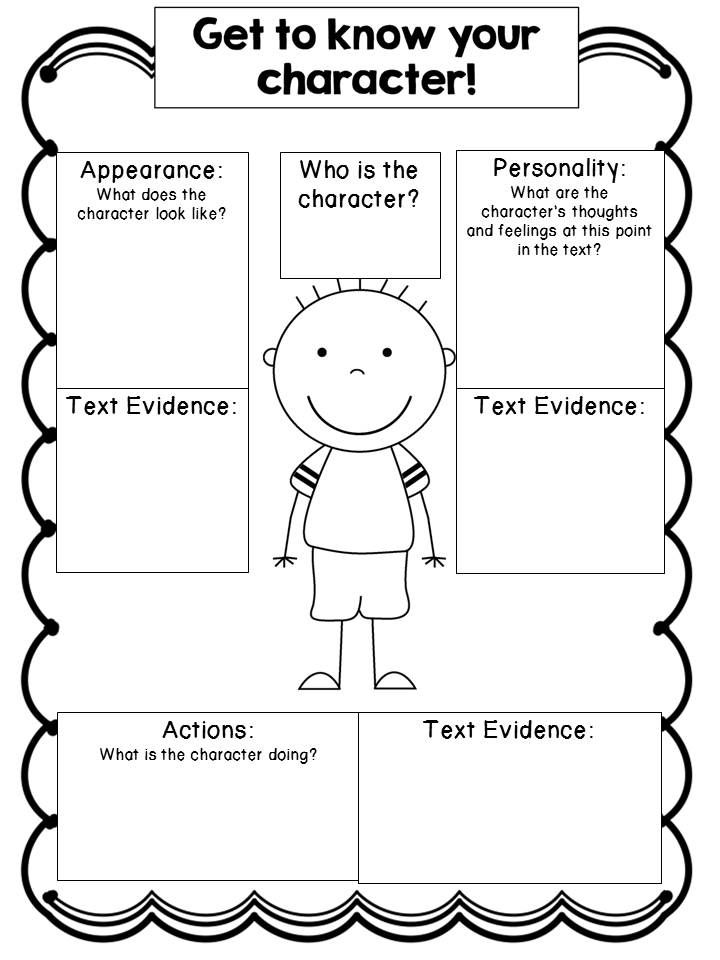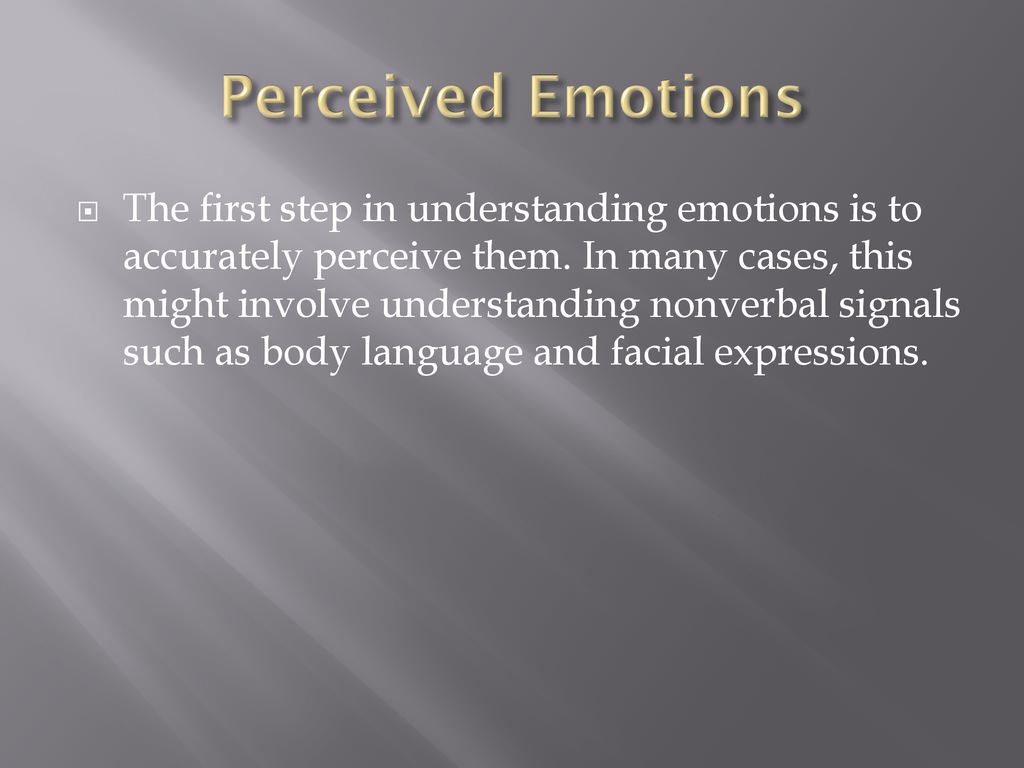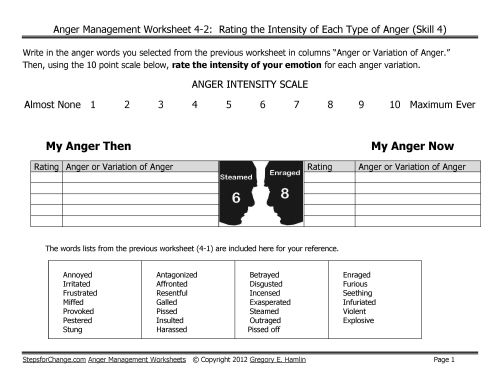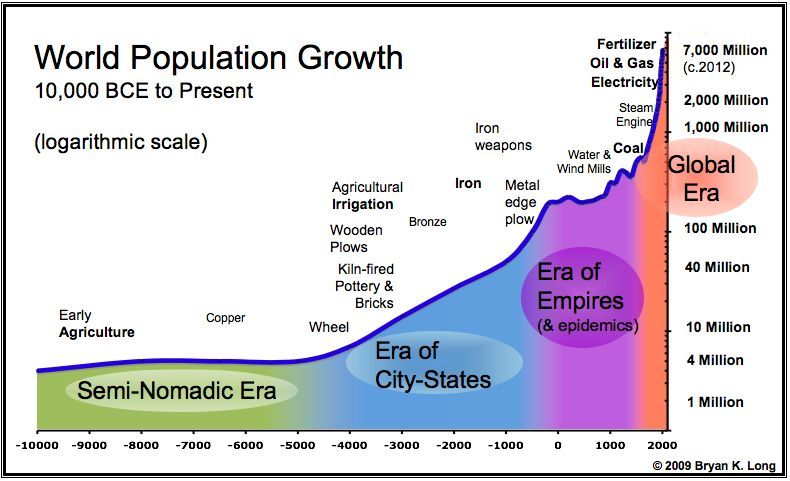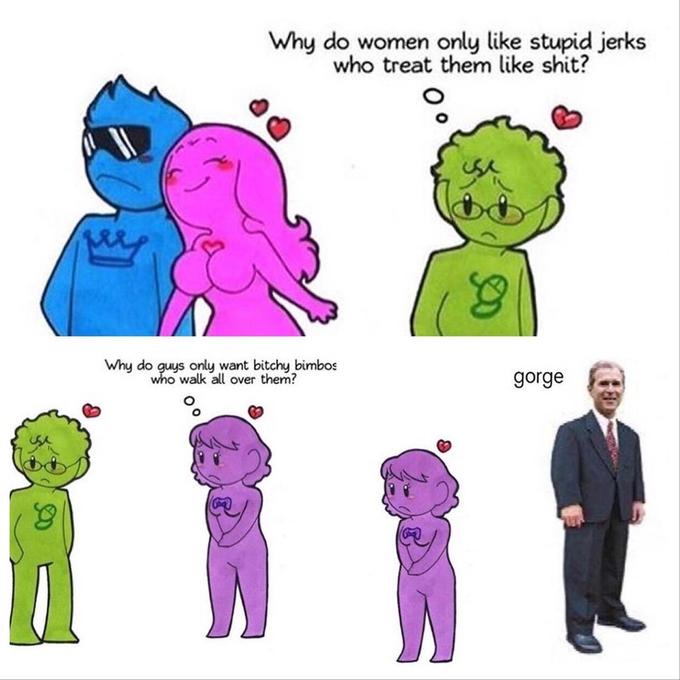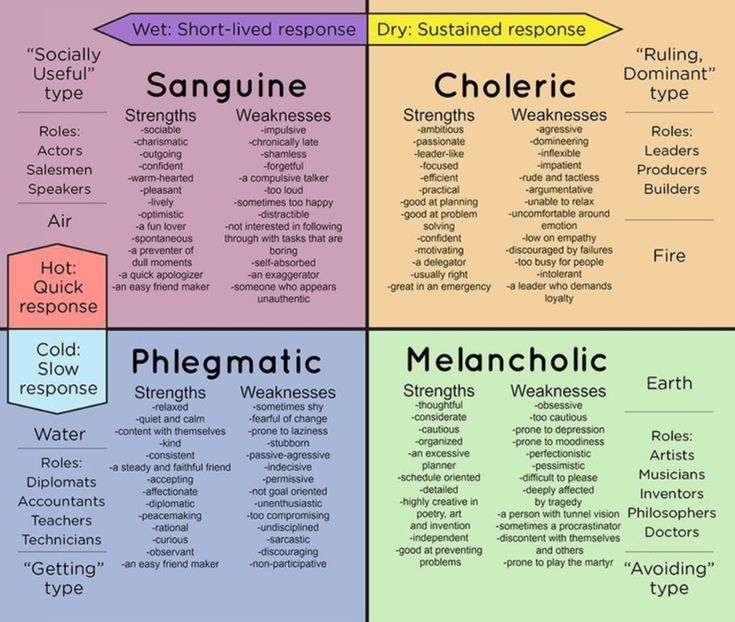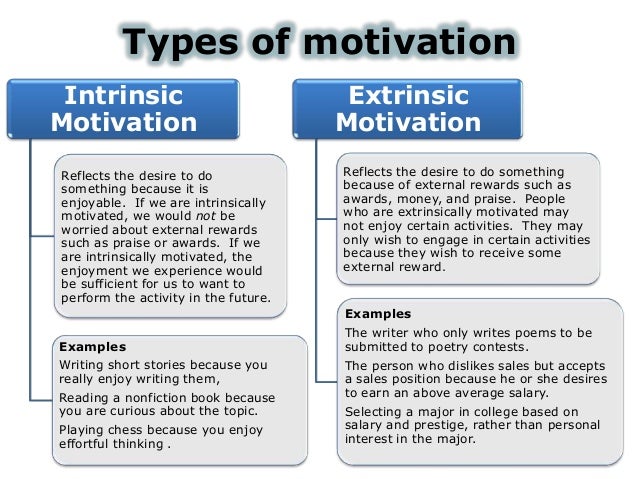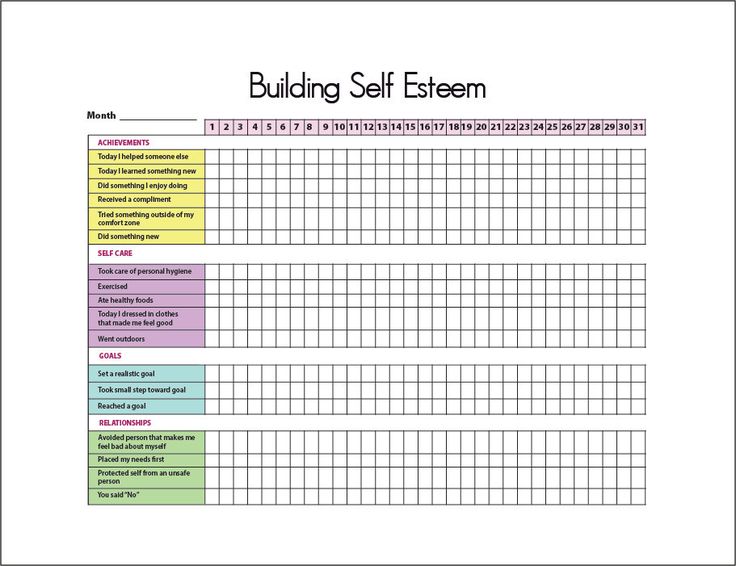What character am i like quiz
Development of the Statistical "Which Character" Personality Quiz
This page serves as the manual for the Statistical "Which Character" Personality Quiz, and the peer-report and couples-report version.
This page is under construction! Please check back someday for the polished version!
Background
When I, your author, would tell people that I published personality tests on the internet, I would often be asked if that meant that I worked for the website BuzzFeed writing their "Which _________ Character Are You?" personality quizzes. And I would have to reply that, no, I am more interested in science and human nature than entertainment; those quizzes are fun, but not that meaningful. And that is not a criticism of BuzzFeed! The value of BuzzFeed (and all other sources of which character tests) are proven by their popularity. They are fun games. People enjoy taking them: case closed. However, if you are interested in the question of how to make good psychological measures, I assumed they never offered much interesting to think about.
I created this test in 2019 after I had the idea of representing each character as a vector, which could be populated by crowdsourced data. And it has actually given me a lot of interesting things to think about! So I slightly retract my previous prejudice against the idea of character personality.
An additional goal of this project has been to create a dataset that can be use in statistical research and education. I am imagining this dataset being great for teaching factor analysis or clustering algorithms. Because of this additional goal, the dataset has been designed to be much richer than would be needed just to create the quiz. For example, the number of features users rate characters on is much larger and more diverse.
Collecting the ratings of characters
Instead of the test creator deciding what each character's profile should be just based on their opinion, the opinions of a large number of people would be averaged to produce the character profiles.
The format of a 100 point scale was chosen that is anchored on either end by an adjective.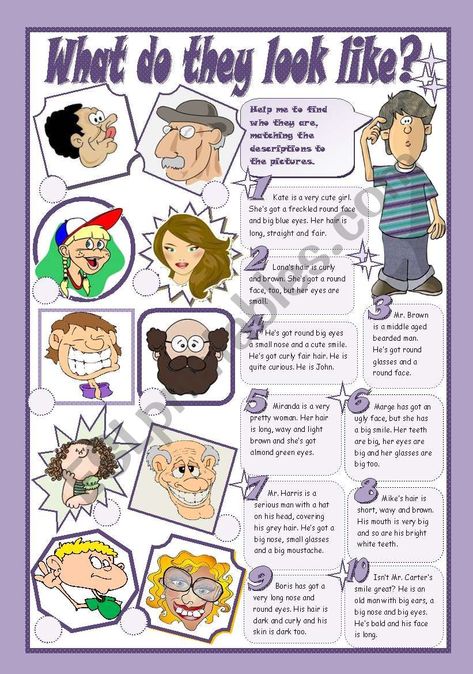
To start, the test dataset was populated with volunteers from reddit (starting with Game of Thrones and Harry Potter characters), but once a workable version of the test was operational, the database has been self sustaining with volunteers recruited from people taking the test. After a user has answered the personality rating survey but before they have viewed their results they are asked if they would be willing to rate some characters. There is about a 35% opt-in rate. Volunteers are then asked to select any fictional universes they know about from a list, and then the characters from that universe are paired with items from the set of features (usually randomly) and they rate them. Afterwards, a few more questions are asked about the user's relationship to that fictional universe and some demographic questions. They survey where the characters were rated has varied over time, but mostly has looked like the below screenshot.
The scale goes from 1 (far left) to 100 (far right). The user did not receive instruction on this in the rating survey, but during the body of the quiz they did use similar slider scales to rate themselves that did display the numerical values and so the user should have made the connection and had an understanding of what the scale was. The number of ratings a particular user would give has changed over time. Originally users were assigned to do 30 ratings, but this seemed to be too many so currently users are assigned to do 15 unless it for a universe where data is rare then they are assigned 25.
The user did not receive instruction on this in the rating survey, but during the body of the quiz they did use similar slider scales to rate themselves that did display the numerical values and so the user should have made the connection and had an understanding of what the scale was. The number of ratings a particular user would give has changed over time. Originally users were assigned to do 30 ratings, but this seemed to be too many so currently users are assigned to do 15 unless it for a universe where data is rare then they are assigned 25.
After this, a few questions that are to help evaluate that user's relationship to the work were asked, pictured below.
Then finally, some demographic questions were asked to put the sample in context, pictured below.
This was the last page of the volunteer survey and after it was submitted users were directed immediately to their results. This page also collected consent to use the user's data as its final question. Users who do not answer yes to this question have their data discarded.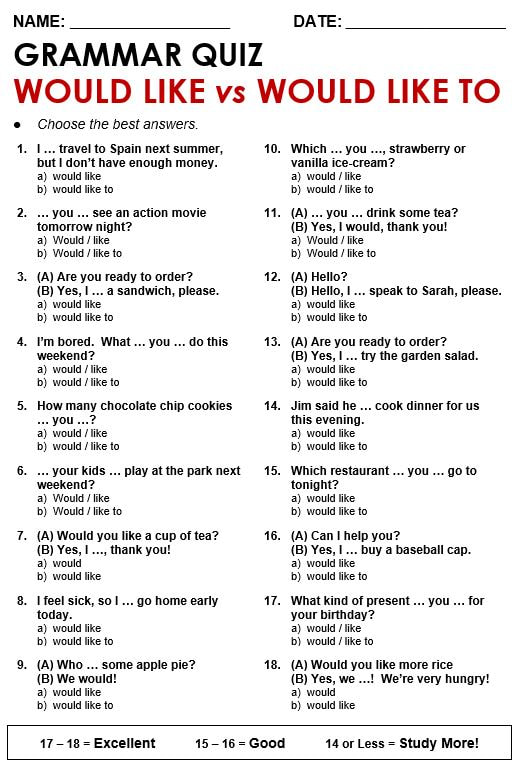
Using this procedure, a very large number of ratings have been collected. The graph below shows number of completed surveys per day since this quiz was converted to the current workflow.
With each user providing up to 30 character ratings in one survey, a total of more than 69,496,000 ratings spread across 400 items for 1,750 characters have been made. These have been somewhat unequally distributed as the more commonly known universes receive more ratings, but care has been taken so that each item for every character in the database has received at least 3.
Generating the bipolar scales
The item format for the quiz and dataset was chosen to be a 1 - 100 scale anchored with text on both ends. This is not a super common format in psychological measurement, in fact rating scales with sliders have significant problems that I have previously criticized them for. The reason why this format was chosen was due to user experience considerations. To make how the quiz works understandable to users, the results page needs a graph, and the graph looks better with high granularity.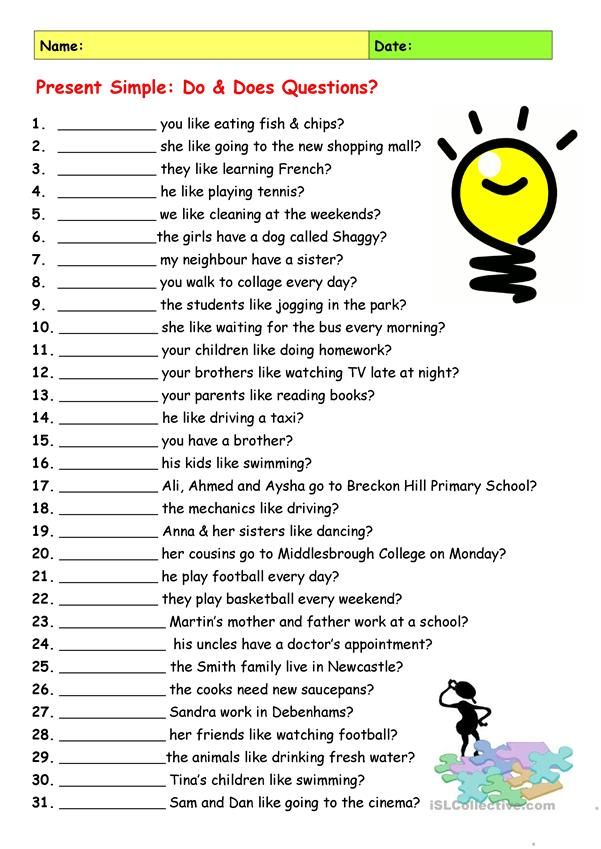 If user responses were just on a 1 - 5 scale for example, a scatter plot made out of them would look very clumpy.
If user responses were just on a 1 - 5 scale for example, a scatter plot made out of them would look very clumpy.
The items were generated by your author over time, until there were 400. This is far more items than actually can be used in the quiz. A 400 question quiz would be way to long. But having all these items allows us to evaluate and select the best performing items. This also makes the data set more useful for educational purposes.
One way to evaluate how good an item is just how good it seems. And this method is more or less how other character tests are made, the creator puts in questions that just seem good to them. As explained earlier, the judgment of many is better than the judgment of one. So here, this issue was crowsourced to test users in a survey that looked like below.
This survey was run until at least 500 people had given their opinion on each question. The questions with the highest and lowest average scores are below (4=Definitely include; 1=Definitely exclude).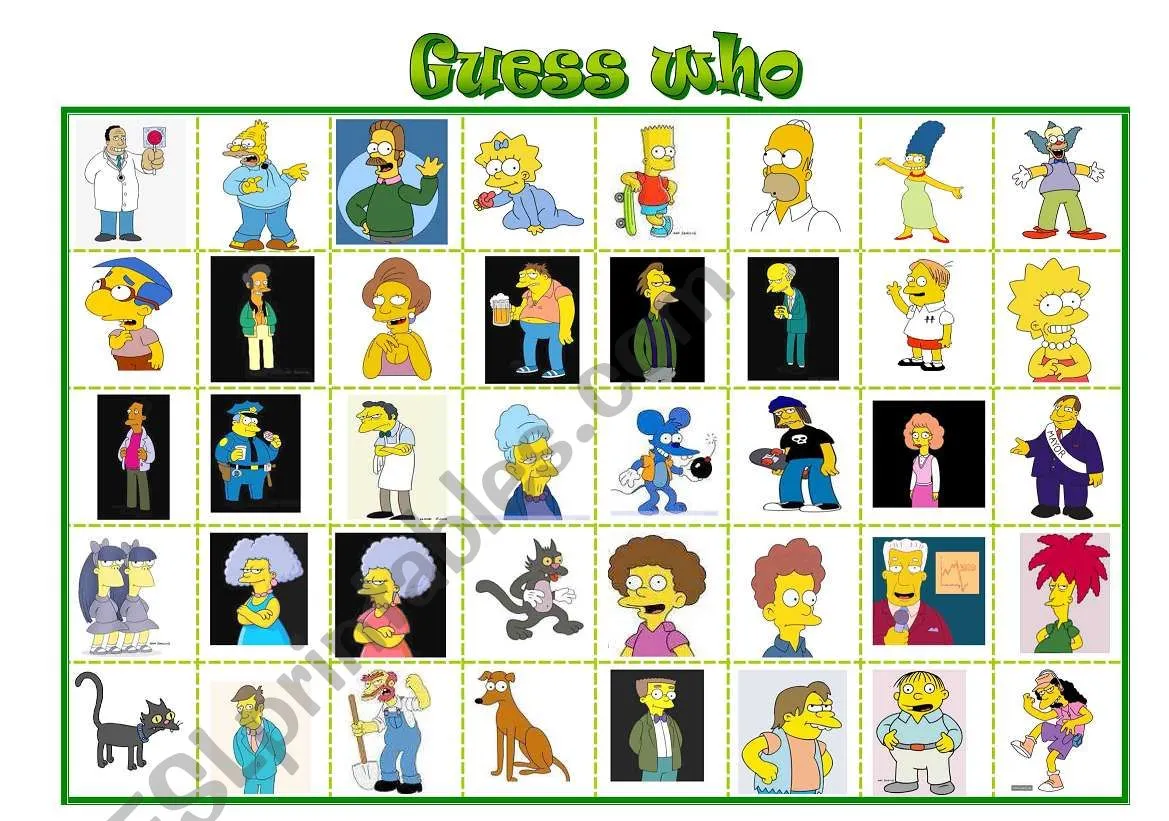
Checking the reliability of user ratings
The premise of this quiz is that aggregating different user's ratings together increases their accuracy, but that is as assumption that could not be true. For example, if character personality is completely in the eye of the beholder and has no consistency across different raters than this the idea of any 'which character' personality quiz is pointless. This question is known as interrater reliability. It will only make sense to talk about a character being a certain way if people agree that the character is that way. This is usually quantified with an intraclass correlation coefficient (ICC1). The value of ICC ranges from 0 to 1. With 0 being no agreement and 1 being perfect agreement. The 10 questions with the highest and lowest interrater reliability are in the table below.
Some questions were much more reliable that others. Some questions had very low reliability and looking at them, it makes sense. The low reliability items all do seem kind of confusing. The question that showed the lowest reliability is the contrast between being 'right-brained' and 'left-brained'. This question is a reference to the pop-psych personality idea that people prefer to use one side of their brain and that each side has specific functions. The low consistency of ratings made on this question matches up with my previous experience working with the idea. I attempted to create my own measure of being left-brain versus right-brain back in the day, and found that it was mostly an incoherent/meaningless idea. Everyone's definition of what they thought it meant to be left or right brain varied too widely to be useful at all. See Development of the Open Hemispheric Brain Dominance Scale.
The question that showed the lowest reliability is the contrast between being 'right-brained' and 'left-brained'. This question is a reference to the pop-psych personality idea that people prefer to use one side of their brain and that each side has specific functions. The low consistency of ratings made on this question matches up with my previous experience working with the idea. I attempted to create my own measure of being left-brain versus right-brain back in the day, and found that it was mostly an incoherent/meaningless idea. Everyone's definition of what they thought it meant to be left or right brain varied too widely to be useful at all. See Development of the Open Hemispheric Brain Dominance Scale.
We can graph the reliability of each question versus the average rating a question recived in the survey where users were asked what questions they thought should be used for the quiz. Some of the points have been labeled to help with interpretation.
The correlation between these was positive, but modest (r=0. 37). Looking at the individual points, we can see why this makes sense. Users were generally able to tell which questions were meaningless and agreed they should not be used in the test. Some questions were outliers, where it was reliable but still got low user approval. One of these was the item young (not old). It is the 2nd most reliable question, but got a very low user scores. And this make sense, users don't dislike this question because it is meaningless, they dislike it because its not about personality. So you can see how this demonstrates that is important for a question to be reliable, but reliability is not enough.
37). Looking at the individual points, we can see why this makes sense. Users were generally able to tell which questions were meaningless and agreed they should not be used in the test. Some questions were outliers, where it was reliable but still got low user approval. One of these was the item young (not old). It is the 2nd most reliable question, but got a very low user scores. And this make sense, users don't dislike this question because it is meaningless, they dislike it because its not about personality. So you can see how this demonstrates that is important for a question to be reliable, but reliability is not enough.
Causes of unreliability
Modeling the ratings of character personality
So, we have all these ratings of characters and we might want to ask, "what is the best model of a characters personality?" The dataset contains 400 values for each character, but probably some of these values are redundant? You could probably well describe characters with far less than 400 values per character.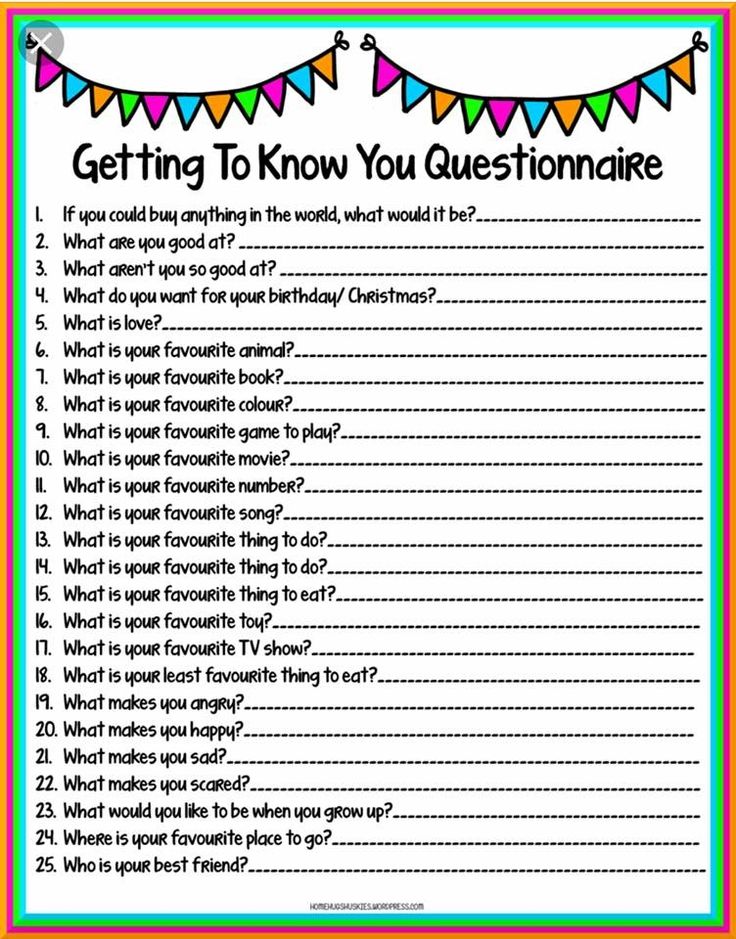 The typical analysis to do this in psychometrics is called factor analysis. Factor analysis tries to explain a larger set of observed values with a smaller set of fundamental causes.
The typical analysis to do this in psychometrics is called factor analysis. Factor analysis tries to explain a larger set of observed values with a smaller set of fundamental causes.
When you run a factor analysis, the first thing you look at is the "scree plot". Factor analysis extract factors one at a time, each time trying to make the factor extracted do as much work as possible, so each sequential factor does less work than the previous. You can look at how much variance each factor explains and then kind of make a judgment call about how many are important. The scree plot from a factor analysis of the 400 values for 1,600 characters is below.
Interpreting a scree plot is more art than science, but I am going to say that I see 8 factors that appear to be doing work here. So for the rest of the analysis in this section I am going to only consider the first 8 factors extracted. A factor analysis computes the loading of each variable on each factor. The loading is what the analysis estimates the correlation of that variable with the factor is.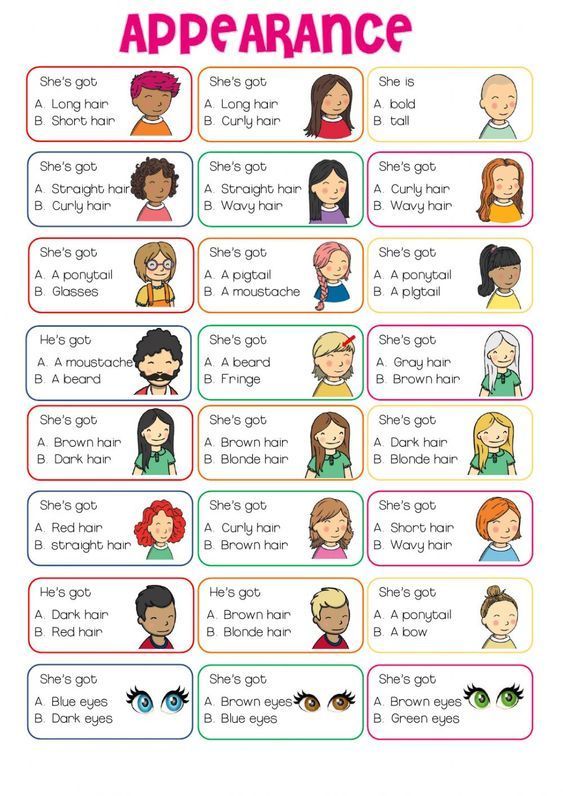 So we can look at the variables with the highest loading to try and interpret what each factor "is". The table below shows the loadings of the top few items that load on each factor.
So we can look at the variables with the highest loading to try and interpret what each factor "is". The table below shows the loadings of the top few items that load on each factor.
| Feature | Factor loading | |||||||
| 1 | 2 | 3 | 4 | 5 | 6 | 7 | 8 | |
| cruel (not kind) | 0.97 | -0.01 | 0.07 | 0.06 | 0.01 | -0.01 | 0.03 | -0.01 |
| poisonous (not nurturing) | 0.96 | 0.12 | -0.03 | 0.05 | 0.02 | -0.01 | 0.07 | 0.02 |
| angelic (not demonic) | -0.95 | -0.17 | -0.09 | 0.02 | 0 | 0.01 | -0.05 | -0.02 |
| scheduled (not spontaneous) | 0.04 | -0.92 | 0.04 | 0.17 | -0.17 | 0.04 | 0 | 0.02 |
| serious (not bold) | 0.01 | -0.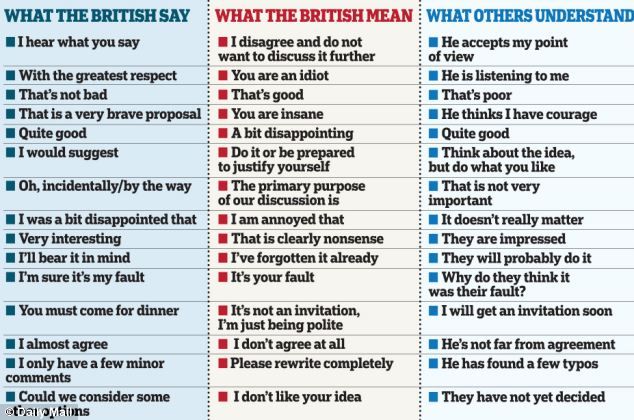 9 9 | -0.07 | -0.02 | -0.09 | -0.06 | 0.24 | 0 |
| orderly (not chaotic) | -0.28 | -0.87 | 0.18 | 0.21 | -0.06 | -0.05 | -0.05 | 0.01 |
| noob (not pro) | 0.05 | 0.08 | -0.9 | -0.04 | 0.06 | 0 | -0.02 | -0.08 |
| mighty (not puny) | -0.06 | -0.02 | 0.9 | 0.01 | 0.19 | 0.03 | 0.07 | -0.08 |
| badass (not weakass) | -0.15 | 0.15 | 0.89 | -0.07 | 0.09 | 0.03 | 0.04 | -0.01 |
| scruffy (not manicured) | 0.02 | 0.31 | -0.04 | -0.86 | 0.04 | -0.07 | 0.12 | -0.01 |
| blue-collar (not ivory-tower) | -0.31 | 0.05 | 0.01 | -0.83 | 0.16 | 0 | -0.02 | -0.03 |
| proletariat (not bourgeoisie) | -0.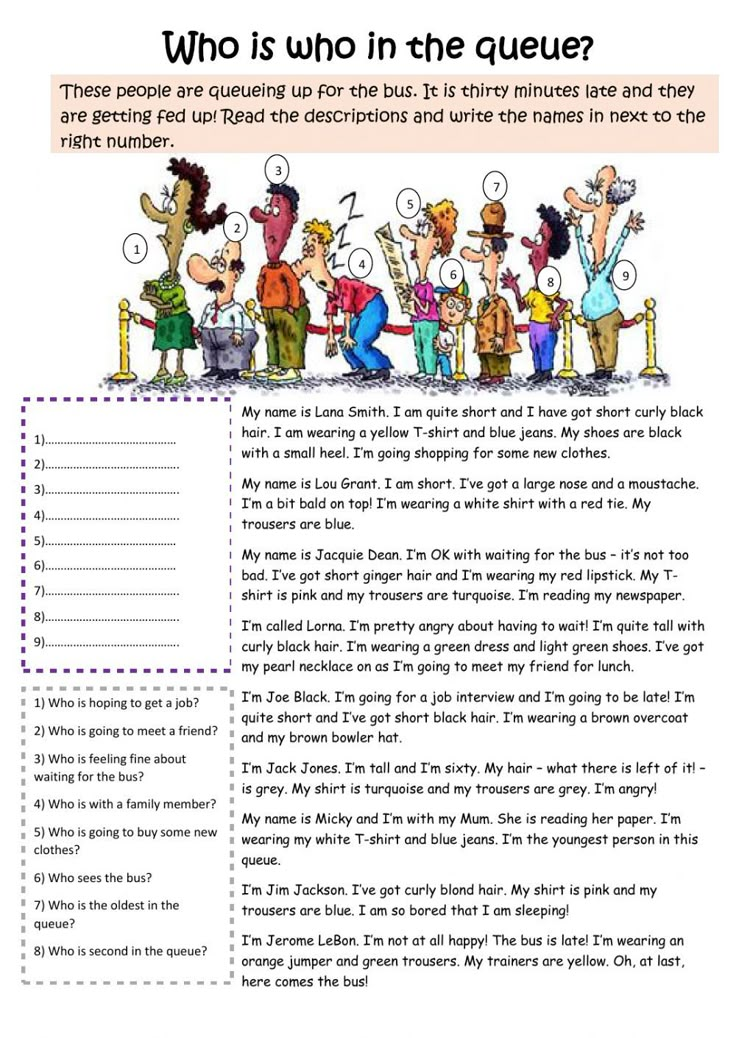 4 4 | 0.09 | 0.05 | -0.82 | 0.02 | 0 | 0.05 | 0.02 |
| sporty (not bookish) | 0.13 | 0.36 | 0.18 | -0.21 | 0.84 | -0.02 | -0.04 | -0.03 |
| nerd (not jock) | -0.27 | -0.22 | -0.3 | 0.06 | -0.8 | 0.07 | -0.02 | 0.15 |
| intellectual (not physical) | -0.14 | -0.39 | 0.1 | 0.27 | -0.79 | 0 | 0.03 | 0.14 |
| leisurely (not hurried) | -0.07 | 0.45 | 0 | 0.01 | -0.01 | -0.77 | -0.18 | -0.1 |
| sleepy (not frenzied) | -0.29 | -0.24 | -0.25 | -0.16 | -0.02 | -0.74 | 0.1 | -0.04 |
| aloof (not obsessed) | -0.38 | 0.1 | -0.04 | -0.11 | 0.16 | -0.67 | -0.08 | -0.08 |
| sad (not happy) | 0. 53 53 | -0.23 | 0 | -0.1 | -0.04 | 0.05 | 0.76 | -0.01 |
| cheery (not sorrowful) | -0.48 | 0.36 | -0.12 | 0.15 | 0.02 | -0.01 | -0.73 | 0.01 |
| traumatized (not flourishing) | 0.38 | -0.02 | -0.26 | -0.26 | 0 | 0.16 | 0.68 | 0.02 |
| luddite (not technophile) | 0.09 | 0.04 | -0.07 | -0.19 | 0.18 | -0.06 | 0 | -0.91 |
| high-tech (not or low-tech) | -0.02 | -0.07 | 0.23 | 0.29 | -0.19 | 0.1 | 0.01 | 0.86 |
You can read the table and see that when describing characters, people talk about how cruel, spontaneous, mighty, scruffy, nerdy, high-energy, sad, and high-tech a character is and these descriptions are independent. And this maybe kinda and makes sense and seems kind of reasonable. However, I am partial to the phrase "factor analysis is
uninterpretable" (stolen from Tal Yarkoni).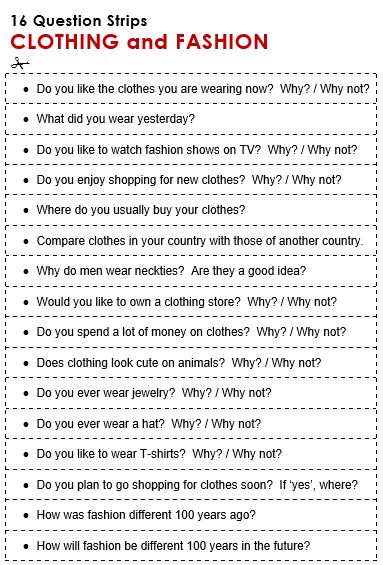 I think results of a statistical analysis are only interpretable in the context of a theory and I have no theory of character personality — and, I don't think there could ever be one.
I think results of a statistical analysis are only interpretable in the context of a theory and I have no theory of character personality — and, I don't think there could ever be one.
So rather than a scientific model, we will focus on the less ambitious goal of a predictive model. And the thing we will aim to predict is how much a user thinks they are like a specific character based on their their questionnaire answers. In a sense this will be like a recommendation engine that recommends users characters, and the criteria for good results is that the user agrees that the recommended characters are similar to them.
Exploring validity using height as a criterion
There is one trait where it might actually be reasonable to talk about a character having a true value of it. For characters played by actors (i.e. not animated, etc.), the actor who played that character has a measurable height and the description of being tall vs short (P69) can be said to be directly downstream from that.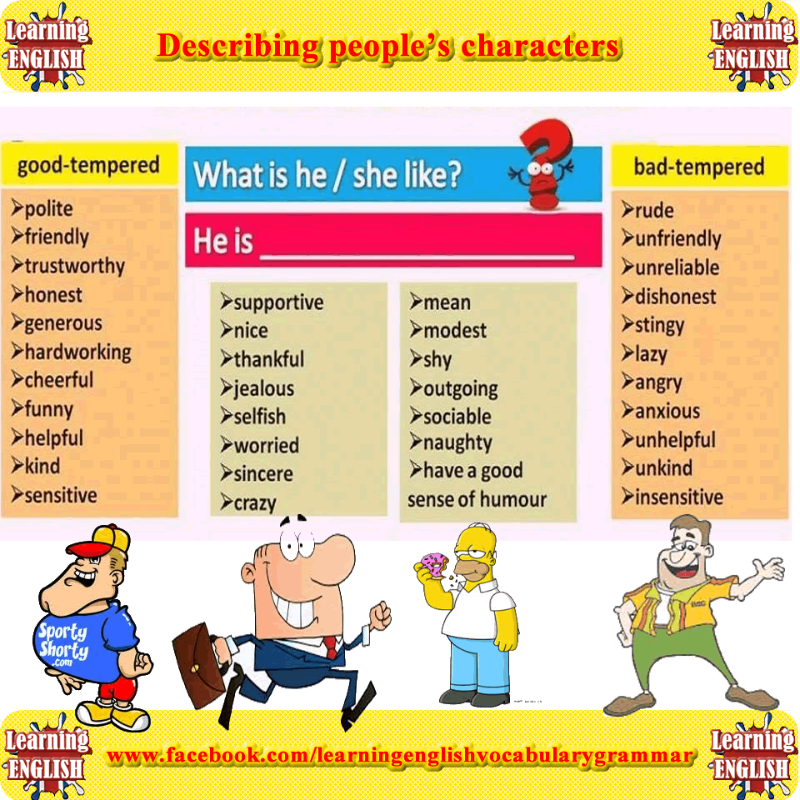 I scraped the height listed for actors on Imdb and cross referenced it with the ratings for their characters in our dataset:
I scraped the height listed for actors on Imdb and cross referenced it with the ratings for their characters in our dataset:
The correlation between the actor's height as listed on IMDb and the tallness rating of their character in out dataset was correlated at r=0.693. And remember that the true value of the relation between these two things is higher than the calculated value because of unreliability. It value will get higher as more data is collected.
How the correlation increases with more ratings can be demonstrated with a simulation. Using the cases where there were at least 100 ratings (n=249), the effect of sampling only a certain number of ratings was investigated. The results are graphed below.
You can see that if a characters rating is only based on one rating, the correlation is r=0.544, but if its based on 100 rating, it jumps to r=0.751. The benefit of addition additional ratings is very large at the beginning, but after characters have 10 ratings for a trait the margin benefit of one more rating gets very small.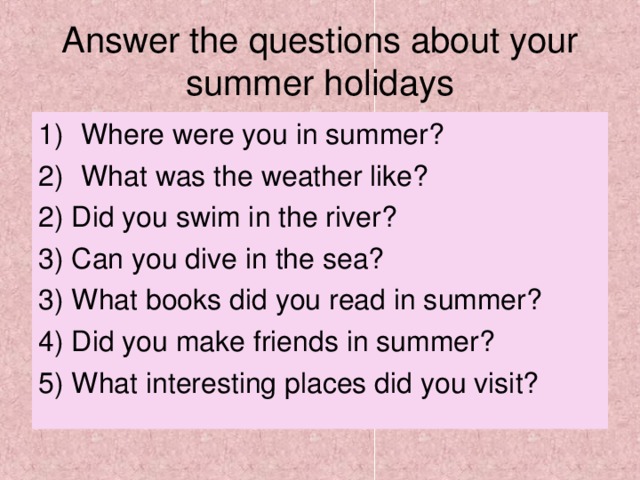
If you projected this out and imagined that an infinite number of ratings were collected (i.e. that the average of the ratings had no unreliability left in it), it looks like the trend is to approach r=0.76.
There is another sources of unreliability in the comparison that we need to acknowledge to. The heights as listed on IMDb do not appear to be perfectly accurate. Let's investigate one outlier on the graph:
Jessa Johansson from the TV show Girls has been rated by n=37 users on tall (not short) and the average was 67.2 (meaning somewhat towards the tall end of the scale). This character is played by actress Jemima Kirke who was listed on IMDb as being 5' 2" (1.57 m), which is quite short. So one of these values seems like they should be wrong. And so, when we look at sources other than IMDb, there does seem to be some disagreement out there. CelebWikiBiography.com says "Her height is 5 feet 2 inches or 5 feet 4 inches or 5 feet 5 inches".
We can compare her to Lena Dunham, a fellow actor in Girls. Dunham is listed on IMDb as being 5'3", an inch taller than they list Jemima Kirke! But in our data, Hannah Horovath gets 15.6/100 for tall compared to 67.2/100 for Jessa Johansson. If we look at photos of them side by side, Kirke (blue) does look a fair bit taller than Dunham (red).
Dunham is listed on IMDb as being 5'3", an inch taller than they list Jemima Kirke! But in our data, Hannah Horovath gets 15.6/100 for tall compared to 67.2/100 for Jessa Johansson. If we look at photos of them side by side, Kirke (blue) does look a fair bit taller than Dunham (red).
So my conclusion is that Kirke probably is more like 5'5" and that the correlation between actual and rated height would be higher if IMDb was better at reporting actual heights.
It's hard to estimate how much having perfectly reliable height data would increase the correlation, but my guess is probably not that much (on average I expect IMDb to be pretty accurate). So we still have the question, why is the correlation not r=1 when correcting for unreliability? Isn't the idea of this test that if we average together people's ratings we get the "true score"?
This is where have to start considering the issue of what in psychometrics is called "measurement invariance". This will be the most challenging philosophical problem for this character matching system.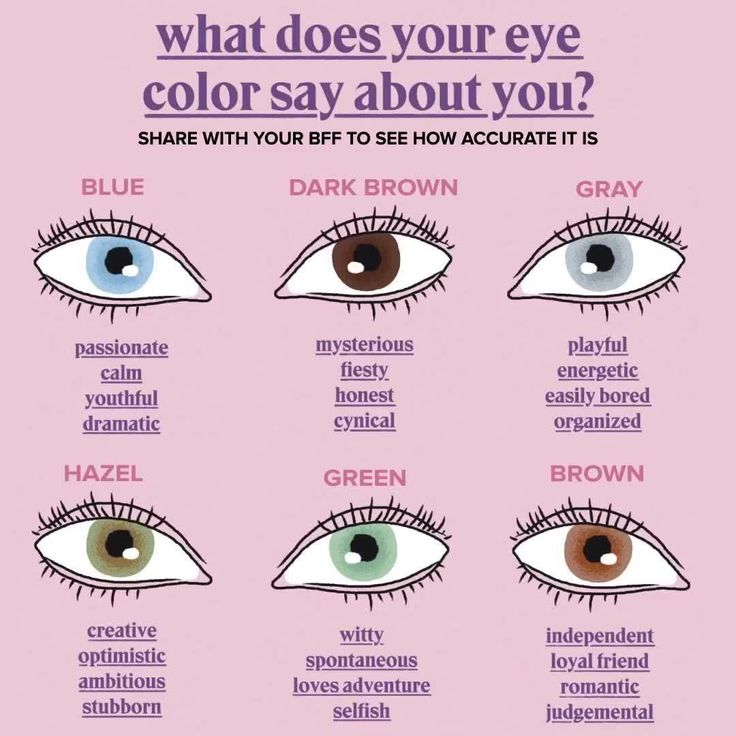 Measurement invariance is when what seems to be the same measure (here, the same question) produces responses that have different meanings when used in different populations or different contexts. For example, when rating the height of characters short tall, there is a measurement invariance issue around the gender of the character. See the same graph we saw before now broken down by gender:
Measurement invariance is when what seems to be the same measure (here, the same question) produces responses that have different meanings when used in different populations or different contexts. For example, when rating the height of characters short tall, there is a measurement invariance issue around the gender of the character. See the same graph we saw before now broken down by gender:
People use a different standard to decide whether a female character is tall than they use to decide for a male. This makes intuitive sense and you can probably recognize this in your own thinking: a woman 6 feet tall is very tall for a woman, so you might remark about how tall she is, but a man six feet tall is not particularly tall for a man. If you control for the gender of actor/character the correlation between actor height and rated character tallness increases from r=0.693 to r=0.749.
This idea of measurement invariance will be addressed much more in depth when we get to the section on tuning the algorithm. But for now, we can say having people rate characters does seem to be a reliable method, though not a perfectly valid one.
But for now, we can say having people rate characters does seem to be a reliable method, though not a perfectly valid one.
Predicting user-character similarity ratings
So, as we saw above there are philosophical issues with the idea of "you think you are an extrovert and people think Mr.Character is an extrovert, therefore you are like Mr.Character". So, let's try moving away from statistics and into data science, pure number crunching. Instead of a psychological assessment, let's try conceptualizing what we are doing as a recommendation engine with the target of maximizing user identification. The main tool used here is the question shown below:
Users who agreed at the end of the test to rate some characters to make the test better were directed to select from a list of fictional universes which ones they knew. Then they were shown a random assortment of characters from those universes and asked to rate how similar each was to them on a six point scale from 1=Extremely similar to 6=Extremely different (they could also skip a character if they did not know).
Using data from the self-character similarity survey, a selection of items was tuned to maximize the correlation between match score with character and users self-identification with character. Its performance is graphed below.
Scoring
The current active version provides match scores that range from 0-100. To produce that score, the correlation is computed between the average rated scores for each character and the self ratings provided by the user. This correlation ranges between -1 and 1, so to turn it into a percent, 1 is added to that number and multiplied by 50. The mean difference algorithm takes the average difference between a users score and the characters scores and subtracts that from 100. Scores on the versions of the test with more questions tend to be lower for the best matching character that the versions with less. The more criteria you have, the more difficult it is to find a perfect match.
Comparison of others method of matching characters
Now that we have made and validated this matching system, we should put it in context by comparing it to other similar systems.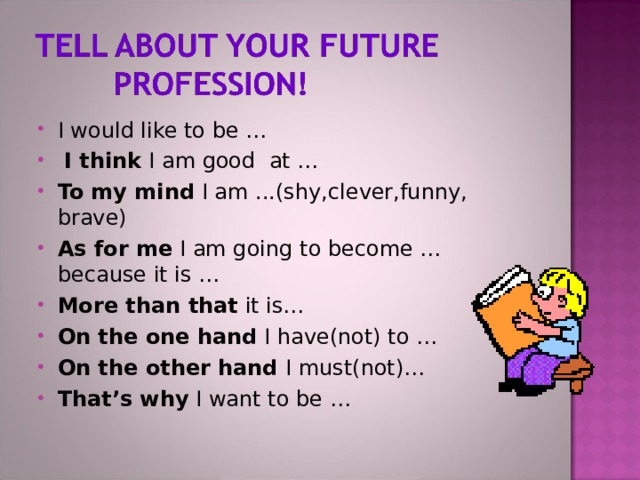
Myers-Briggs Personality Types
There are thousands of 'which character' quizes on the internet but they are not usually taken seriously enough to provide any information about how they work. But there is one alternative method of matching people to characters we can make a detailed comparison with: Myers-Briggs personality types. Myers-Briggs, or Jungian type, is a system of 16 personality types. It is the most popular system on the internet, and one of the common uses of the system is to type fictional characters. A common format is for someone to make a chart of the characters from a fictional universe and pick out one example they think fits each each of the 16 types. This usually looks like the meme below which shows a typing of Star Wars characters (from Entertainment Earth News):
The implication of these memes is that you should use your personality type to look up what character is similar to you. It is assumed that if you identify as an INFP, you then must have the most connection to the character that has been chosen as an example of an INFP, etc.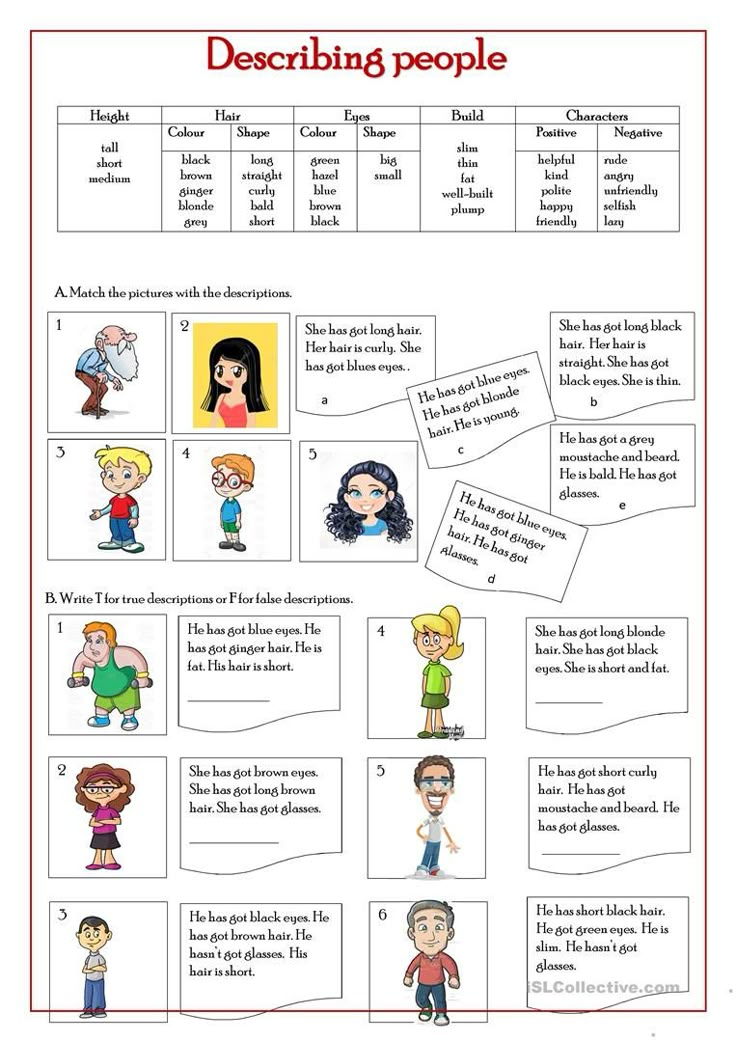
The question for us here is, can we quantify how well does this work? And, can we compare how well this works versus matching people to characters using the SWCPQ questionnaire?
The website Personality Database (PDB) functions somewhat similar to this website. Users rate characters on their Myers-Briggs and Enneagram personality types and these are all combined into a community verdict. PDB is the most popular Myers-Briggs community typing website, and its verdicts will be used in this analysis as the key for what type each character is under the Myers-Briggs system. Of the 1,600 character profiles in the SWCPQ1.0 dataset, there are 1,537 with matching profiles on PDB.
The validation survey run here also asked for a user's Myers-Briggs type, so we can cross reference these two datasets to see how well matching an individual to a character based on Myers-Briggs type works. First we will start with analyzing just one character at a time to illustrate how this works, then afterwards move on to analyzing all characters at once to compare the two methods.
Two of the characters with the most data in the validation dataset are Anna of Arendelle and Hermione Granger. For each of them we have many thousand people who both self-reported a Myers-Briggs type and rated how similar they were to the character. The graphs below shows what percent of each Myers-Briggs type gave each different rating of similarity to them.
We can see that when we categorize people by Myers-Briggs type, not all types have the same relation to the characters. People who identified as ENFP were most likely to say they were like Anna and people who identified as ESTJ were most likely to say they were similar to Hermione Granger. And if we go on personality database we see that those are the exact types that people have voted for Anna and Hermione! So, does this prove that the Myers-Briggs types are legit? My position is that Myers-Briggs type theory / Jungian psychology is pseudoscience, but the 16 types can be used as adjectives and describing things with adjectives is a reasonable thing to do.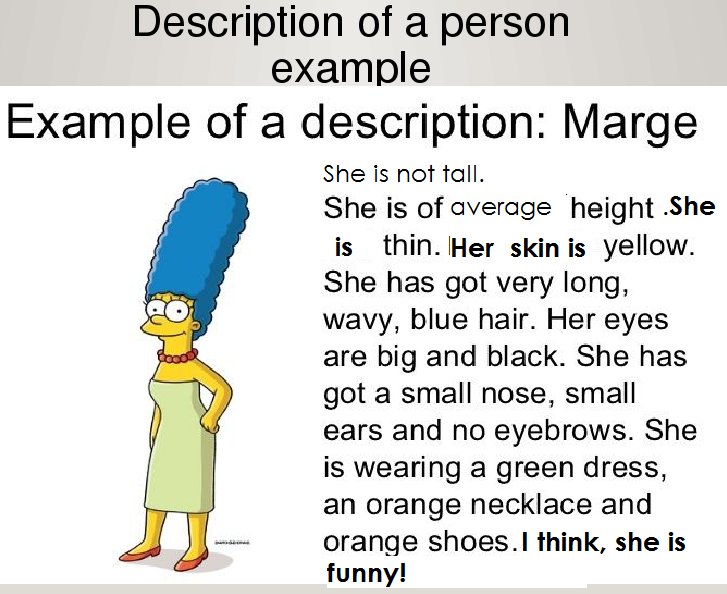 Indeed, Francis Galton counted more than a thousand words in the dictionary that could be used to describe people, and we can say Myers and Briggs added 16 more. They question to ask is how useful are these adjectives, how much work do they do?
Indeed, Francis Galton counted more than a thousand words in the dictionary that could be used to describe people, and we can say Myers and Briggs added 16 more. They question to ask is how useful are these adjectives, how much work do they do?
Yes, 90% of ISTJs thought they were some degree of similar to Hermione, but the majority of the ESFPs (the type that thought that the least) still thought that.
So that looks like it checks out. PDB says Anna is an ENFP and self identified ENFPs are one of the types most likey to think they are similar to Anna. But also see that it is far from perfect. Some ENFPs did not think they were similar to Anna, and many people from all of the other types thought they were.
But that was just one character. We want to know how the system performs across all characters. There were 407 characters in the validation dataset that had at least 50 votes on Personality-Database.com, this analysis will only use those. In total 57,774 users provided a total of 718,995 ratings. The graph below shows how those ratings differed between when the user's type and the character's type matched, versus when they did not.
The graph below shows how those ratings differed between when the user's type and the character's type matched, versus when they did not.
When a user's type matched the characters type, the user thought the character was similar to them 58.8% of the time versus 44.0% of the time when the types did not match. So matching to characters based on Myers-Briggs type does better than chance, but does not compare very well to how well this tool performs. Go back and look at the graph of how well match scores from this questionnaire predict whether or not a user will rate a character as similar to them: when a user matched to a character at the lowest level, there was a less than 10% chance they would think that the character was similar to them, versus an 80% chance when the matching score was at the high end.
But, that the MBTI would not function that well at matching people to characters is no suprise. The Myers-Briggs Type Indicator was designed to recommend careers, not characters.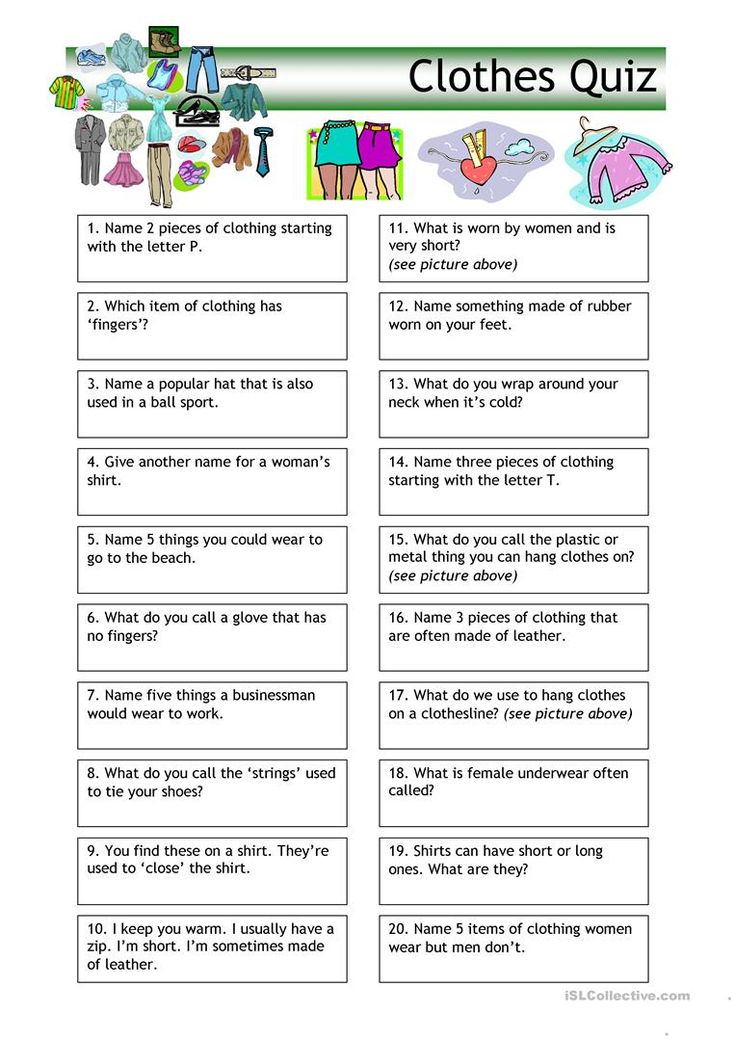 One specific example of how this effects things is that the Myers-Briggs types were designed to all have positive descriptions. This means they don't really convey information about goodness and badness very well. And goodness and badness is the most important thing people seem to base their judgments about how similar a character is to them on. Given that matching characters was not the purpose that the Myers-Briggs personality types were developed for, the fact that they do not perform well at it does not really debunk the idea of the 16 types directly. But many people on the internet have suggested that looking up what characters have the same type as you is highly meaningful. I would point to this as another example of the common phenomenon where people dramatically overestimate how useful categorizing by Myers-Briggs types is.
One specific example of how this effects things is that the Myers-Briggs types were designed to all have positive descriptions. This means they don't really convey information about goodness and badness very well. And goodness and badness is the most important thing people seem to base their judgments about how similar a character is to them on. Given that matching characters was not the purpose that the Myers-Briggs personality types were developed for, the fact that they do not perform well at it does not really debunk the idea of the 16 types directly. But many people on the internet have suggested that looking up what characters have the same type as you is highly meaningful. I would point to this as another example of the common phenomenon where people dramatically overestimate how useful categorizing by Myers-Briggs types is.
CharacTour
There is a different website with a tool pretty similar to this one called CharacTour. It also has a database of characters and a quiz that searches for matches.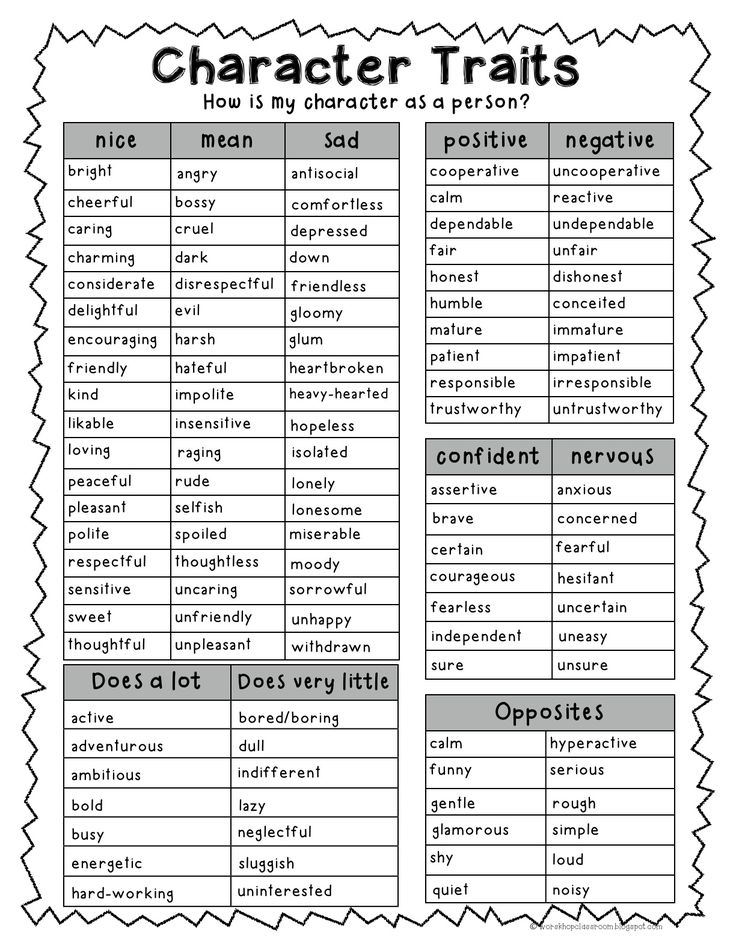 A comparison between them has been organized on Reddit, which uses what I think is a good method. The redditors would take both the CharacTour quiz and our quiz pretending to be a specific fictional character. Whichever quiz ranked the character they were pretending to be higher up in its results page (after correcting for total number of options) was considered the winner of that match up. A total of 15 redditors participated and the results were reported as "11 wins for OpenPsychometrics and 4 wins for CharacTour" (see the thread on r/SampleSize). This suggests that the quiz on this website has a better matching procedure, though an n=15 is too small for me to make any super specific claims about.
A comparison between them has been organized on Reddit, which uses what I think is a good method. The redditors would take both the CharacTour quiz and our quiz pretending to be a specific fictional character. Whichever quiz ranked the character they were pretending to be higher up in its results page (after correcting for total number of options) was considered the winner of that match up. A total of 15 redditors participated and the results were reported as "11 wins for OpenPsychometrics and 4 wins for CharacTour" (see the thread on r/SampleSize). This suggests that the quiz on this website has a better matching procedure, though an n=15 is too small for me to make any super specific claims about.
Resources
The data from the surveys used to develop is available for download.
What Fictional Character Are You? A Quiz
This content contains affiliate links. When you buy through these links, we may earn an affiliate commission.
What fictional character are you? Have you ever wondered? If so — or if you are just bored and want to take a fun quiz — these 15 questions will help answer the question!
Fictional characters serves as archetypes for different types of people.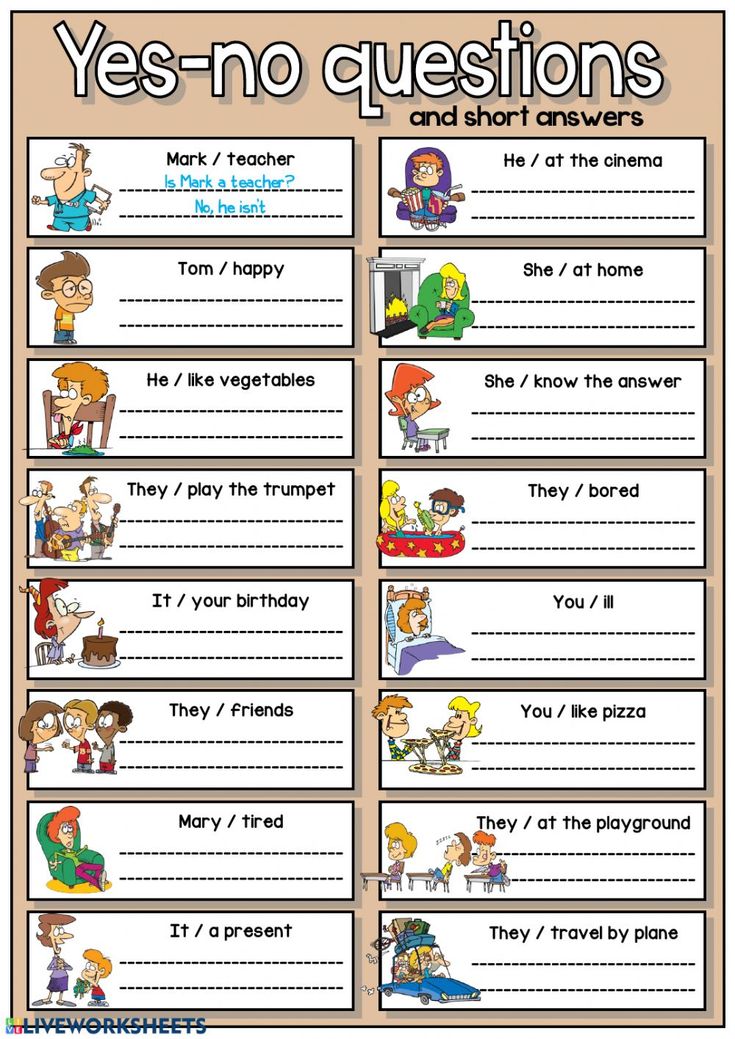 Some who are highly specific and individual. Others have universal character traits and personalities that appear again and again across time and cultures. Reading books often helps us get into the mindset of the characters who narrate our favorite stories. But out of all the fictional characters in the world, which one are you most like?
Some who are highly specific and individual. Others have universal character traits and personalities that appear again and again across time and cultures. Reading books often helps us get into the mindset of the characters who narrate our favorite stories. But out of all the fictional characters in the world, which one are you most like?
This quiz won’t completely answer that question. But it will tell you what character you are most like out of the ten possible answers I’ve chosen. Are you passionate and rebellious like Sula? Intelligent and methodical like Sherlock Holmes? Sensitive and loyal like Hamlet? Or perhaps you are more like one of the other characters from this quiz. . And if it turns out you haven’t heard of the character you are most like, maybe you can add a new book to your TBR list. So now, without further blabbering from me, here is what you really came for…the quiz!
All Results
- You are Shahrazad from One Thousand and One Nights.
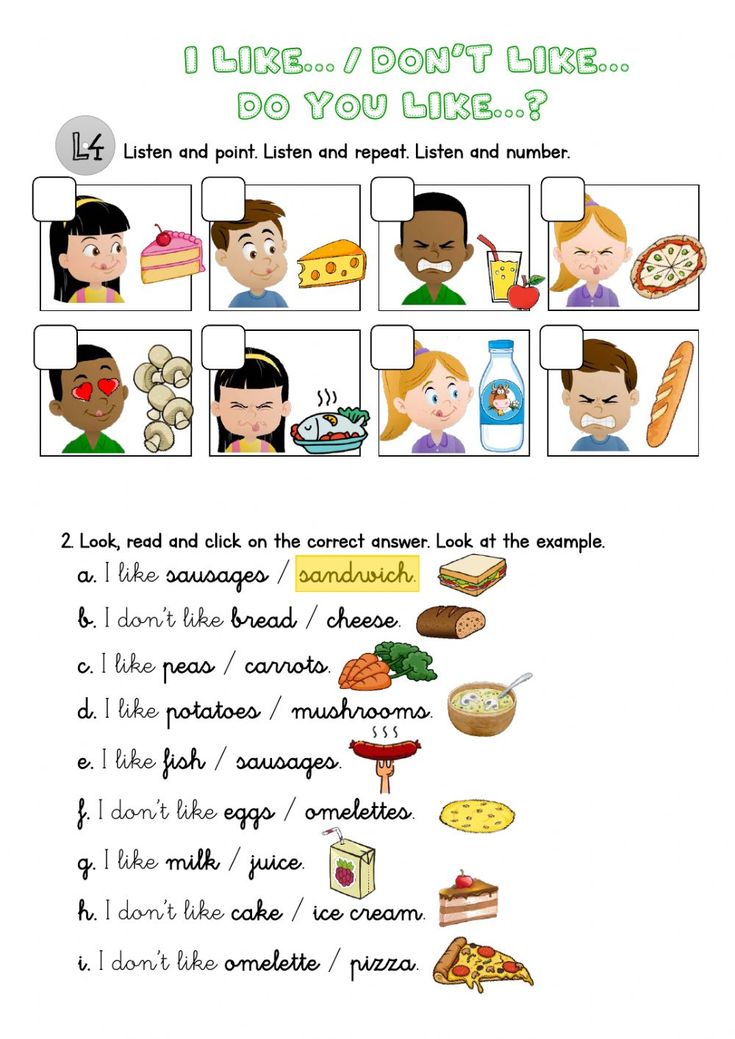 You are both clever and a wonderful storyteller. But, more importantly, you are a brave person who stands up for people in need.
You are both clever and a wonderful storyteller. But, more importantly, you are a brave person who stands up for people in need. - You are Sula Peace from Sula by Toni Morrison. You a free and independent thinker who craves adventure. You have strong passions, experience deep emotions, and don’t mind taking big risks. Just be careful not to burn bridges or break too many hearts along the way!
- You are Samwise Gamgee from The Lord of the Rings Trilogy by J.R.R. Tolkien. You are a kind and loyal friend, whose common sense outweighs all the book learning in the world. But remember, you don’t have to be relegated to sidekick status. You can be the hero of your own story…also, there’s a decent chance you love potatoes.
- You are Sherlock Holmes from A Study in Scarlet by Sir Arthur Conan Doyle. You are observant, logical, and downright brilliant. But sometimes, you get overly invested in what you are working on and have a hard time asking for help.
 If you remember you are just human like everything else, things will go easier for you.
If you remember you are just human like everything else, things will go easier for you. - You are Florentino Ariza from Love in the Time of Cholera by Gabriel Garcia Marquez. You are a true romantic, a vivid daydreamer, and a loyal friend. Some might call you weird, but really you are just passionate about the people and things that you love.
- You are Elizabeth Bennet from Pride and Prejudice by Jane Austen. Obstinate, head strong girl! You speak your mind freely and don’t mind being different from the people around you. You love reading, long walks, and debating people. But you have a secret sensitive and romantic side as well.
- You are Jing-Mei (June) Woo from The Joy Luck Club by Amy Tan. Like Jing-Mei, you want to live your own life and might rebel against other people’s expectation of you. But craving self expression doesn’t mean you are selfish. You can still take care of the people you love while remaining true to yourself.
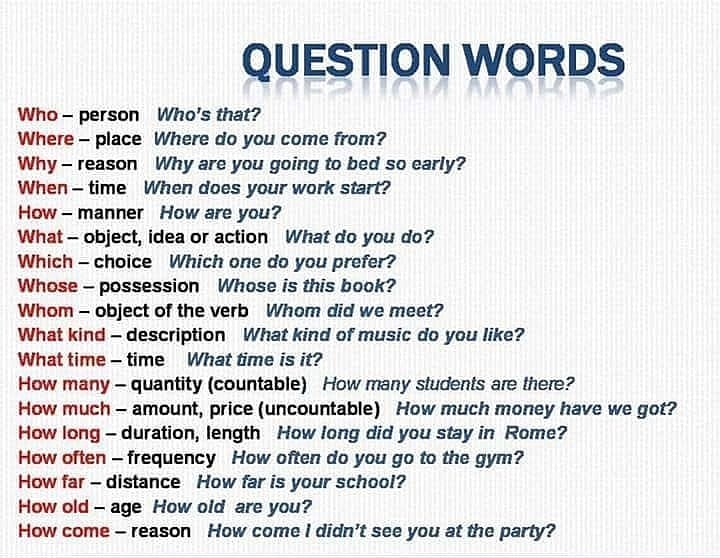
- You are Jay Gatsby from The Great Gatsby by F. Scott Fitzgerald. You are glamorous, ambitious, and a true romantic. I hate to break it to you, Old Sport, but sometimes you don’t know when to cut your losses. But if you keep yourself from getting too single-minded or lost in nostalgia, you should end up okay.
- You are Jonas from The Giver by Lois Lowry. You enjoy learning new things and having as many different experiences as possible. Even though sometimes you wish you fit in with everyone else, sometimes you feel different or misunderstood. Remember that your emotions and sensitivity are a strength not a weakness.
- You are Hamlet from the Shakespeare play Hamlet. Some people think you are too moody or intense. But you are also thoughtful, sensitive, and loyal. It’s okay to be sad, but watch out for ghosts or getting too lost inside your melancholy.
I hope you enjoyed learning what fictional character you are and gained some deep inner knowledge.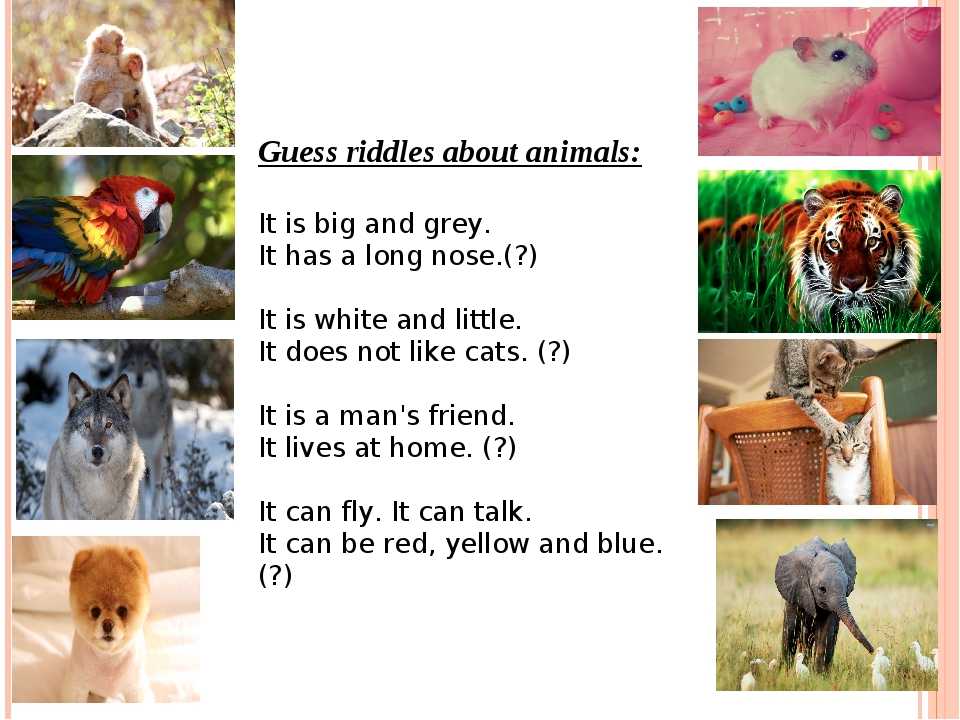 To delve deeper into character types learn more about the Myers-Briggs Type of 202 Fictional Characters or peruse the Enneagram of 99 Literary Characters.
To delve deeper into character types learn more about the Myers-Briggs Type of 202 Fictional Characters or peruse the Enneagram of 99 Literary Characters.
Best Friends Quiz: 100 Questions to Test Your Bestie in 2022
When I was in high school, 'How well do you know me?' or ' Best Friend Test ' was all the rage. People could test their friends to see who actually knew them best. Of course, this was at the time when ' knowledge of ' was your friend just memorizing his favorite color, birthday, and favorite member of One Direction
But hey, it's had a value of , and that still has a value of today.
Want to test your friends how well they know you? Check out 100 questions below!
- Fact questions
- Favorites Questions
- Image questions
- Which questions do I prefer
- Relationship questions
- Have you ever… Questions
- What would you do if… Questions
- More ideas
Best Friends Quiz
Test your best friends for free! Grab the interactive Best Friend Quiz from AhaSlides template library 👇
get a free test
Best Friend Questions
If you're just looking for best friend quiz questions, we've got you covered.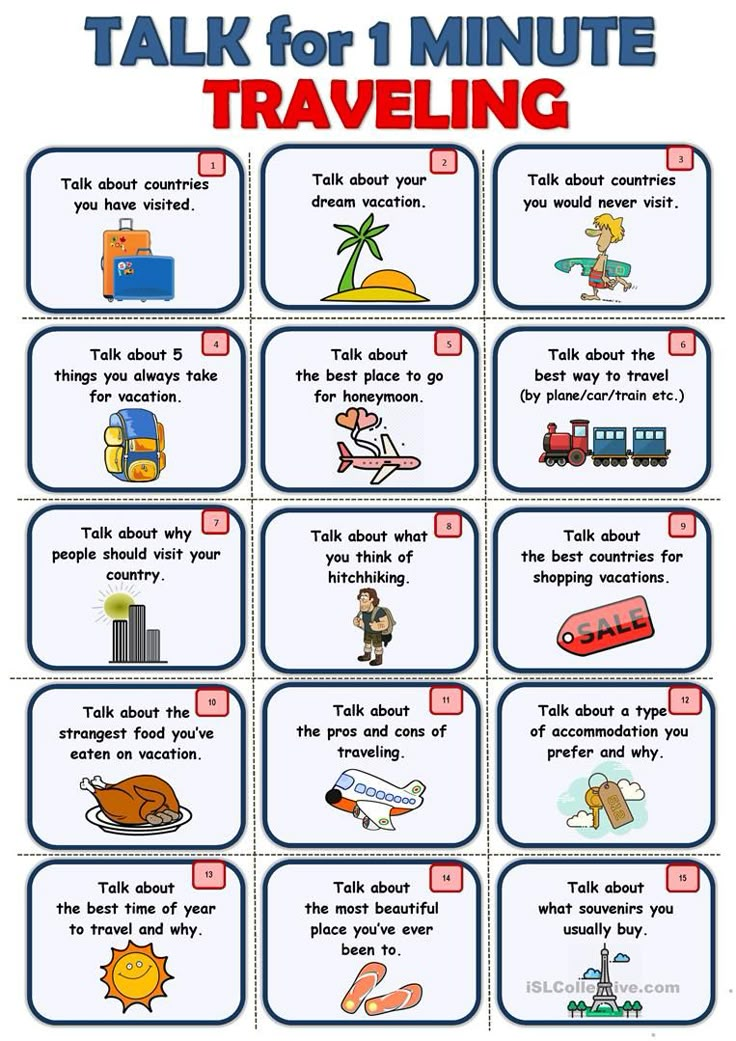 Check out 4 rounds of questions perfect for any best friend quiz.
Check out 4 rounds of questions perfect for any best friend quiz.
Round 1: Best Friends Facts
- When is my birthday? 🎂
- How many brothers and sisters do I have? 👫
- What is my special talent? ✨
- What is my zodiac sign? ♓
- What do I mainly do in my spare time? 🏃♀️
- What do I dislike most about myself? 😔
- What is my daily routine? ⚽
- Who is my celebrity? ❤️
- What am I most afraid of? 😨
- Who is my worst enemy? 😡
Round #2 - Selected Best Friends
- What is my favorite place in the world? 🌎
- What is my favorite movie? 🎥
- Which Netflix series do I have? 📺
- What is my favorite food? 🍲
- What is my favorite genre of music? 🎼
- What is my favorite day of the week? 📅
- What is my favorite animal? 🐯
- What is my favorite topping for toast? 🍞
- What is my favorite piece of clothing? 👟
- What is my favorite possession? 📱

Round 3 - Pictures of Best Friends
(These questions are best for pictures)
- Which of these am I allergic to? 🤧
- Which one is my first Facebook image? 🖼️
- Which of these pictures looks like me in the morning? 🥱
- What pet have I always wanted? 🐈
- Which of these do I need most in the future?
- What is my favorite breed of dog? 🐶
- What is my worst habit? 👃
- Which one is my favorite group photo? 👪
- What is a scene from my favorite movie? 🎞️
- Which of these jobs is my dream job? 🤩
Round 4 - What do I prefer?
- Tea or coffee? ☕
- Chocolate or ice cream? 🍦
- Day or night? 🌙
- Go out or stay at home? 💃
- Summer or winter? ❄️
- Unsweetened or sweet? 🍩
- Pizza or hamburgers? 🍕
- Movies or music? 🎵
- Mountains or beach? ⛰️
- Early bird or owl? 🦉
These questions are in seconds.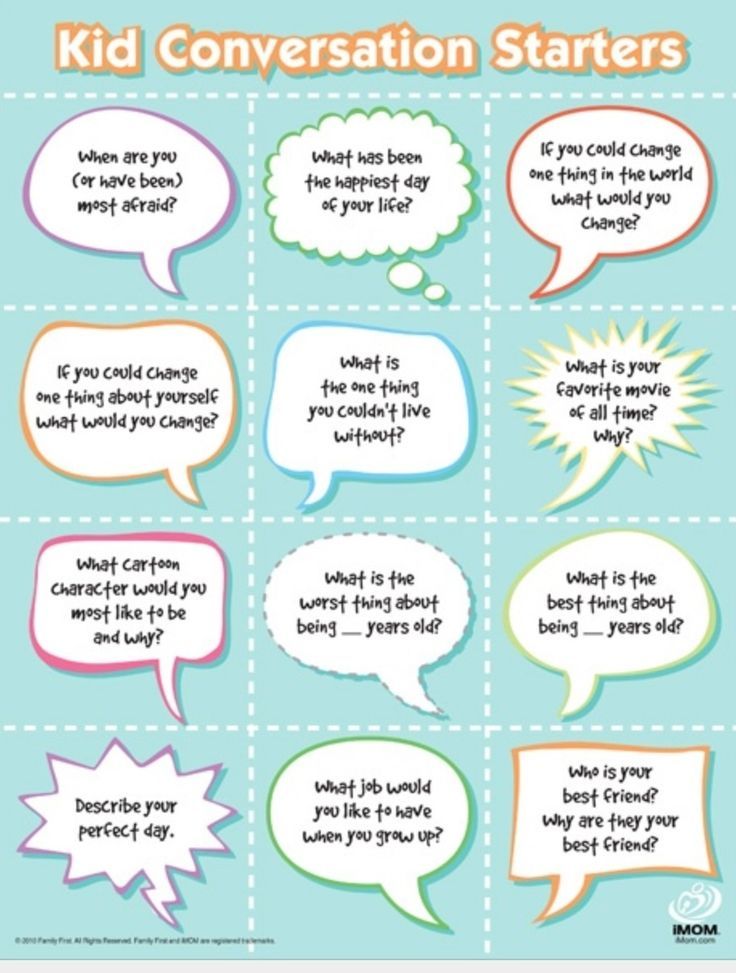 Sign up for AhaSlides for free to take the best friend quiz! 👇
Sign up for AhaSlides for free to take the best friend quiz! 👇
More Q&A for Friends
Want to actually delve into your friendship? Here are a bunch more live Q&A questions that friends can ask each other.
You can even use the best friend quiz maker to turn them into quiz questions!
💑 Questions about relationships
The quality of relationships is determined by the people in them. Ask these questions to find out what your friends are really think about their relationship.
- When do you think it's time to break up with a boyfriend or girlfriend?
- What do you think is the difference between "good" and "bad" relationships?
- Do you think it matters if I met a person face to face before I met him?
- How to understand that your relationship is going somewhere?
- What questions do you ask your partner?
- In your opinion, how can I tell if my boyfriend or girlfriend is emotionally healthy?
- What is the best way to know if I am interested in someone?
- How do you deal with breakups?
- How would you describe an ideal relationship?
- How many partners do you think it is normal to have before marriage?
- How do you know that you are in love?
- What is the first thing you do on a first date?
- When do you receive your first gift from your partner?
- How many romantic anniversaries do you celebrate a year?
- Where is the best place to take your partner on your first vacation together?
- Are you satisfied with the intimacy you share with your partner?
- How much do you enjoy spending time with your partner's family?
- How do you and your partner most often show love for each other?
- Have you or your partner changed anything for each other?
- What do you think is the best way to apologize to your partner?
🤔 Have you ever… Questions
We all need a little more fuel to play Never would I ever .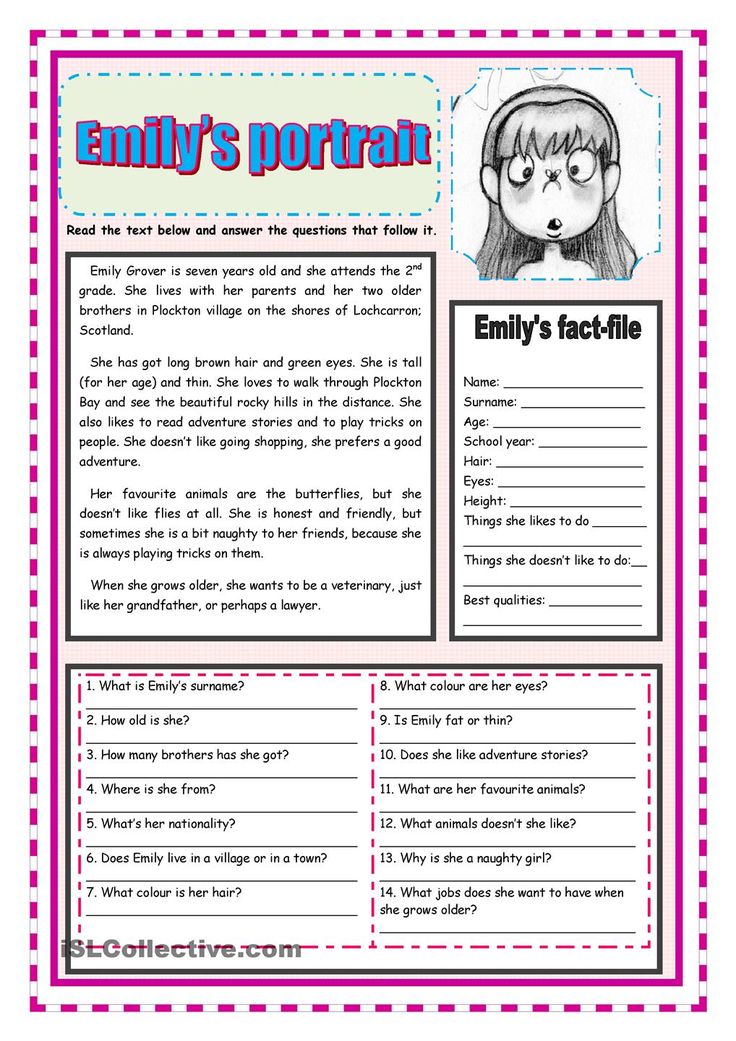 These questions will help you learn about your friend's past experiences.
These questions will help you learn about your friend's past experiences.
Have you ever…
- Lost your job?
- Was fired?
- Was in a car accident?
- Traveled to another country?
- Have you been to an amusement park?
- Have you been to a concert?
- Had a very bad dream?
- Was in a fistfight?
- Have you seen a UFO?
- Have you been to the Renaissance Fair?
- Quarreled with parents?
- Did you break something on purpose?
- Wrote a love note?
- Was on the verge of death?
- Was your phone stolen?
- Did you ride a horse?
- Fell in love with a teacher?
- Have you seen a tornado?
- Tried to lose weight?
- Got into a fight with a bear?
What would you do if... Questions
People behave differently in different scenarios, so who knows what your friend does when he orders pizza? Better ask these questions!
What would you do if…
- Did you win $50,000?
- You woke up the President of the United States?
- Were you a child again?
- Every time you ordered a pizza, did someone shout "cheese" to you?
- Are you traveling to another country for the first time?
- Were you a character in a fairy tale?
- What would you do if there were no law enforcement?
- You were in charge of the police department?
- Was your friend kidnapped?
- Have you been asked to kill someone?
- Did you find the body?
- Did you know that everything in the world will end tomorrow?
- Did the government take half of your money?
- Were you a dog?
- Are you stranded on a desert island?
- Did the electricity go out in your house?
- Have you been transported to the Middle Ages?
- Did you find out that your best friend is dating your ex-boyfriend or girlfriend?
- Do you have a $100,000 scholarship to study at the worst university in the world?
- Were you a child in the 80s?
💡 Get more questions like this on the parade!
4 more ideas for best friend quiz
Best friend quiz game not always should be about scores and leaderboards. There are so many ways to ask questions that really reveal what your friends think of you .
There are so many ways to ask questions that really reveal what your friends think of you .
Try some of these ideas!
# 1 - One word description
Ever wondered how your friends would describe you in one word? And a living word cloud can do it!
Just ask your friends a question and then let them submit their one word answers. When they are ready, the most popular answer will be displayed at the largest scale in the center, and all others will become smaller the smaller they are submitted.
My friends seem to think I'm funny, kind and sweet (and also stupid 😲)
# 2 - Rate me!
We understand that you are a complex person, friends cannot be expected to sum you up in one word, of course?
Well, with scale slide , they don't have to! Zoom slides allow your friends to rate you on different criteria from 1 to 10.
I need to improve my Fortnite skills 🤔
#3 - Our Memories
Give your friends the opportunity to pour their hearts out over your memories together.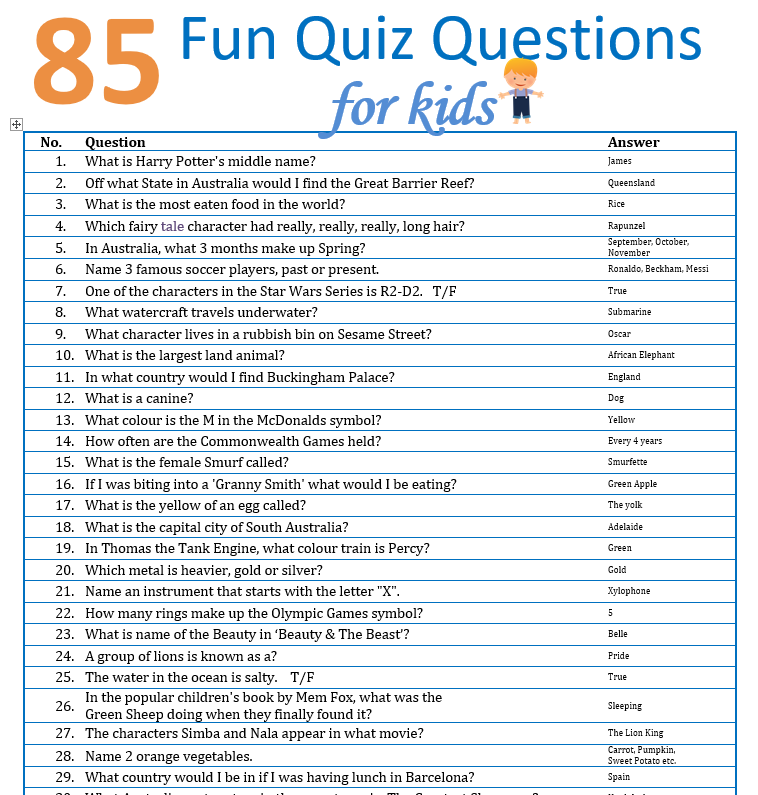
An open slide allows your friends to print whatever they want as an answer to your open question. In addition, they can write their name and choose an avatar so you know exactly who is writing what.
# 4 - Ask me anything!
We all love AMAs (Ask Me Anything) - they're great for finding out more about your favorite celebrities and also for letting your friends know a little more about you. Give them the opportunity to ask with live questions and answers.
Using their phones, your friends can send you questions from anywhere with an internet connection. You can answer them any way you like, pin them for later, mark them as answered, and if you have about 3,000 friends competing for the best friend spot, you can keep the thread of questions super-organized.
Ask the right questions
It's not always easy to know who your best friend is. The right questions can help, and we hope the 100 questions above will help you find yours!
If you're looking for an online best friend quiz maker, try AgaSlides.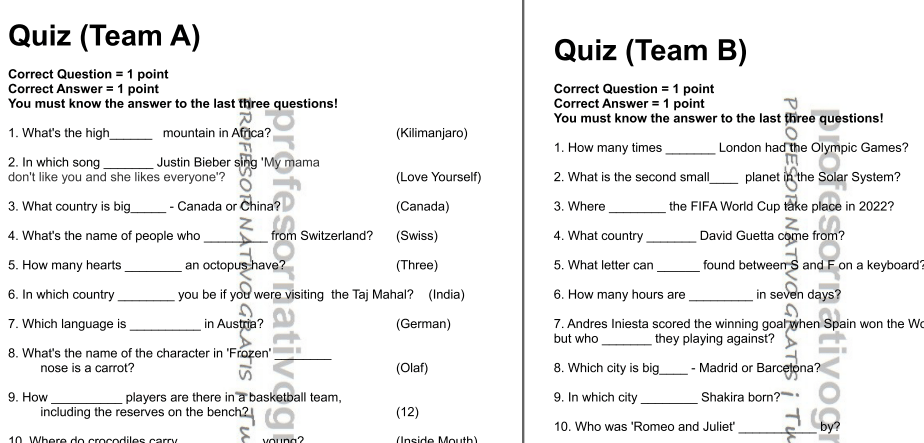 With this online tool, you can host free quizzes with up to 8 people and purchase more open plans at the best price in the market.
With this online tool, you can host free quizzes with up to 8 people and purchase more open plans at the best price in the market.
Image courtesy of the BBC
Quiz: Which Genshin Impact Are You? Ustaliy.ru
in Anime and Manga tests, Video game tests, Genshin Impact
game testspublished Animator
Genshin Impact is an action role-playing adventure video game named the best game of 2020. With over 10 million players in the world of Genshin Impact, its interesting storyline and a large number of cool characters are attracting more and more new players. And which of the cool characters in the game do you look like?
-
-
Electro
-
-
Deep cold
-
Warm and bright
-
Light pastels
-
Flashy
-
-
-
Two-handed
-
Single handed
-
Catalyst
-
-
-
Keep away
-
Don't care
-
Respect
-
-
-
Other
-
Mondstat
-
-
Negative
-
Neutral
-
Read
-
-
-
Gemini
-
Scorpio
-
Sagittarius
-
Capricorn
-
Aquarius
Did you like it?
869 Points
Yes No
Genshin ImpactgenshinmultisinglepageanimeGenshin ImpactWho are you from which game are youmangatest
Don't miss
-
Quiz: Who is your anime boyfriend?
Tell us a little about yourself.
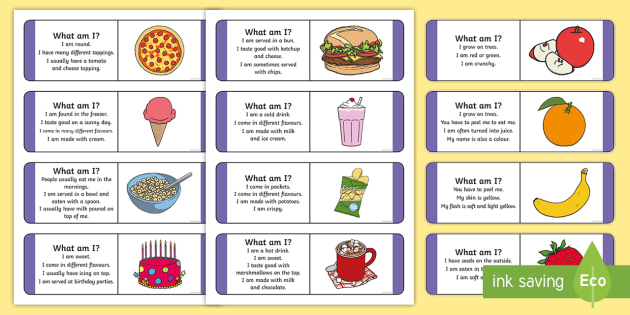 A worthy candidate will appear only after answering a few simple questions. This is the payment for the name of the guy who dreams of you. […] More than
A worthy candidate will appear only after answering a few simple questions. This is the payment for the name of the guy who dreams of you. […] More than -
Test: Who are you from the anime Evangelion?
This is a test on the cult anime "Neon Genesis: Evangelion", in which you will have the opportunity to find out which of the characters in this work you are more like. Pass […] More
-
Quiz: What type of character would you be in an anime movie?
What character would you be if you got into anime? Too bold or too emotional? Take the quiz Question from Are you a guy or a girl? […] More than
-
The City I'm Not In Anime Knowledge Test
In cinema, literature and anime, you won’t surprise anyone with time travel for a long time, but only as long as such things appear on the screen […] More
-
Your Lie in April Anime Knowledge Test
Your Lie in April has become one of the most touching anime titles of the last decade.
 Many were deeply moved by the story of Arima Kosei, a talented pianist who […] More
Many were deeply moved by the story of Arima Kosei, a talented pianist who […] More -
Quiz: How well do you know Death Note manga?
Hello my dear friend! ;) The Death Note manga has formed a cultural phenomenon that has attracted millions of fans around the world. Spawned hundreds of references in further products of popular culture. […] More
-
Quiz: Who are you from the anime Black Butler?
Are you familiar with this mystical comedy with black humor and a detective bias on the relationship between master and servant? Let's find out which of this popular anime […] More
-
Test: Which anime should you watch?
In recent years, the Japanese have filmed hundreds of anime of various genres: romance, comedy, fantasy, shonen, horror, and many others. Therefore, sometimes it is difficult to choose a new anime for […] More
-
Quiz: Guess what anime this character is from?
This test will tell you how accurate your brain is.
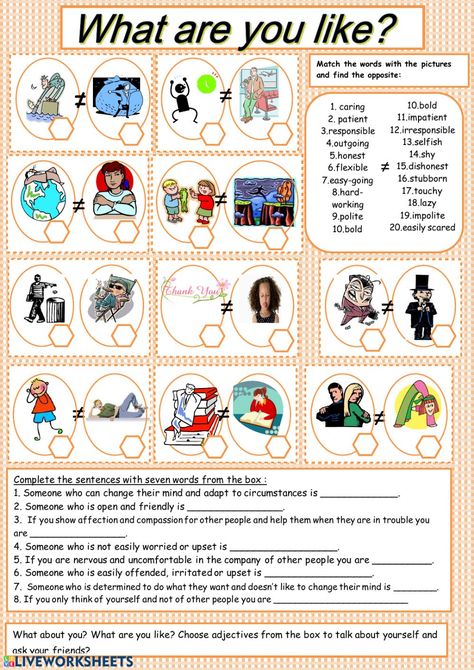 immersed in anime. Can you remember what series this or that minor character is from? Check […] More
immersed in anime. Can you remember what series this or that minor character is from? Check […] More -
Test: Guess the school anime by frame
Back to school soon. Yes, for most this news is rather sad. An anime about study, which we suggest recalling one frame at a time, can help cheer you up. […] More
-
Quiz: What famous anime heroine do you look like?
There is a place for you in the anime universe! Who can you turn into, what role is intended for you and what adventures await you? Find out in this […] More
-
Quiz: Who are you from the anime "The Seven Deadly Sins"?
The Seven Deadly Sins is an anime known for its action, humor, and emphasis on teamwork. For each of the seven biblical sins in the series, there is one […] More
-
Quiz: Which Sailor Moon Anime Are You?
I created a quiz about the sailor warriors from the series "Beauty Warrior Sailor Moon".
 Find out what kind of warrior in a sailor suit you are. Take the Quiz Question from Which […] More
Find out what kind of warrior in a sailor suit you are. Take the Quiz Question from Which […] More -
Quiz: which anime do you belong to?
Which anime are you in: Tokyo Ghoul, Sword Art Online, Homeless God, Attack on Titan, Parasite, Other, Kill or Be Killed, Black Butler? Let's find out! Pass […] More
-
Quiz: How well do you know Miyazaki's cartoons?
Have you watched the legendary anime "Howl's Moving Castle", "Spirited Away", "My Neighbor Totoro" and many other works of Miyazaki for a long time? What is Haku's real name? Who was Totoro? Than […] More than
-
Quiz: How well do you know the anime Crazy Gambling?
We continue to test your knowledge of anime. Here you will find a test for knowledge of the anime "Crazy gambling". Good luck! Take the Quiz Question from Which Family Had Great Power […] More
-
Quiz: How well do you know the Attack on Titan anime?
Attack on Titan is a series that has received high praise from critics and viewers for a reason! Excellent animation, script and storylines.
